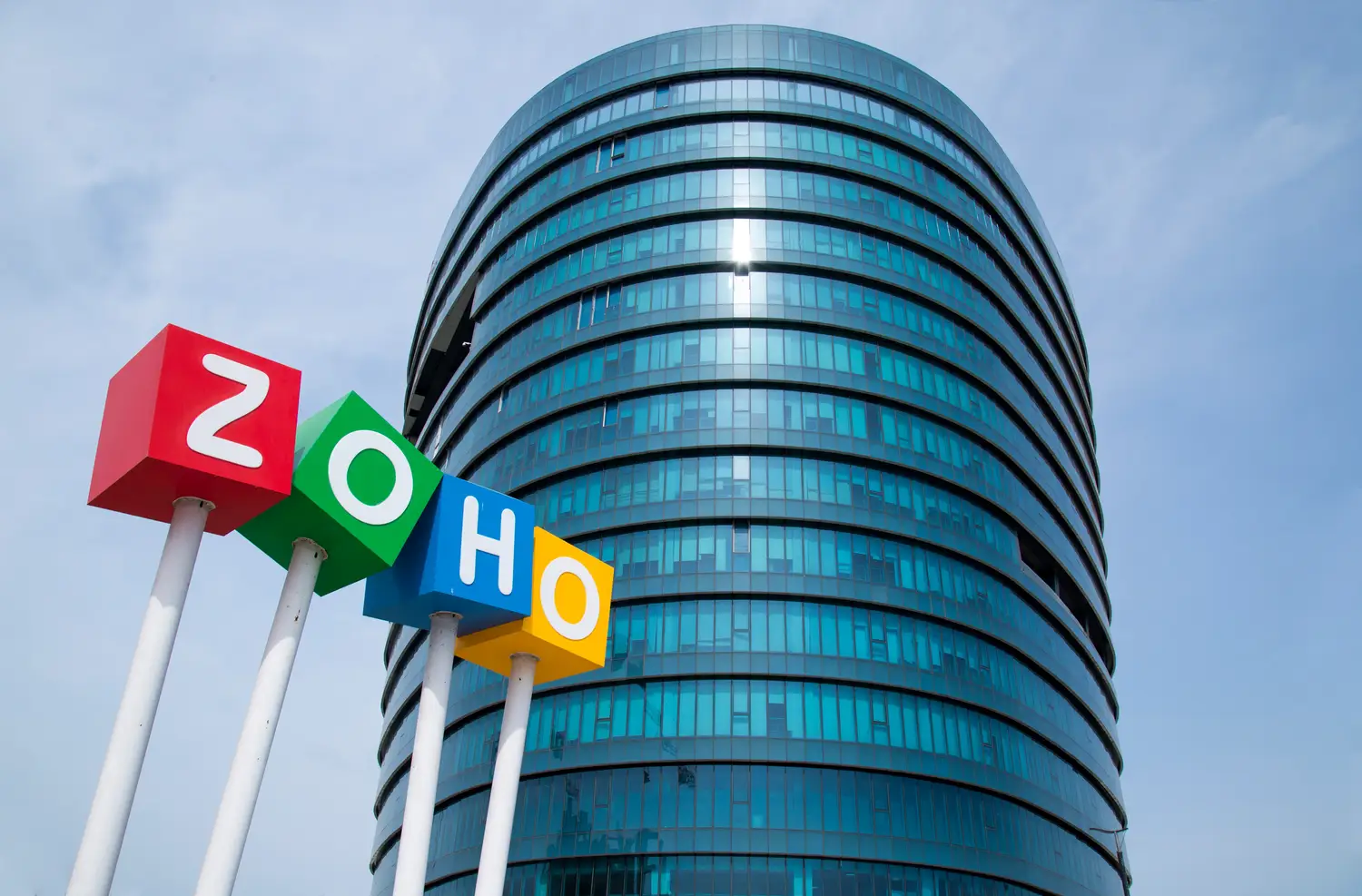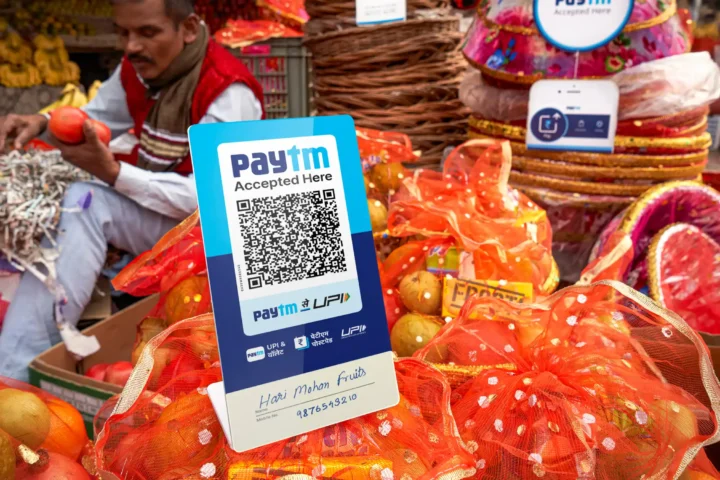As debates about tech hegemony, data sovereignty, and digital independence intensify worldwide, an unlikely challenger has quietly established itself as a global force in enterprise software. Zoho Corporation, with its roots in rural India and a bold claim to rival the world’s largest cloud providers, has become a case study in how emerging markets can give birth to world-class tech for the global stage.
From Modest Beginnings to Global Reach
Zoho’s origin story bears echoes of Silicon Valley’s classic garage era, but is distinctly Indian in ethos and execution. The company was founded in 1996 by Sridhar Vembu and Tony Thomas, initially as a network management business. By the late 2000s, it had pivoted to SaaS, producing a now-sprawling suite of over 55 integrated applications used by more than 80 million users in 180+ countries, including giants such as Amazon, Nike, and Netflix.
Today, Zoho holds roughly 10% global market share in the CRM category and is widely used in the United States, which accounts for nearly 40% of its consulting and application revenue. Its cloud suite is especially popular among small and mid-sized businesses that demand affordability, integrated workflows, and a strong privacy stance, all core Zoho strengths.
The R&D Engine and Bootstrapped Playbook
Unlike many global tech unicorns, Zoho remains privately held and fiercely bootstrapped, having surpassed $1 billion in revenue and more than $255 million in annual net profits. Approximately 60% of its revenue is reinvested directly in R&D, a remarkable feat that ensures nearly all of Zoho’s 50+ products are engineered in-house, with no reliance on outsourced frameworks or third-party partnerships.
A unique aspect of Zoho’s R&D is its distribution. The company operates development centers not only in Chennai and global capitals, but also in small Indian towns, embodying founder Sridhar Vembu’s vision for decentralized tech innovation. Notably, Zoho recently invested over ₹100 crore in a semiconductor startup and launched a campus dedicated to deep tech, AI, and edge computing.
Zoho’s ambition is nothing short of audacious: to take on Microsoft, Google, Salesforce, and SAP with a homegrown suite that matches (and sometimes exceeds) its rivals in breadth and usability. In analyst rankings, Zoho consistently sits in the top five among global SaaS providers for CRM, HR, and finance—outpacing some bigger US and European names for user satisfaction and product innovation.
This agility has allowed Zoho to become a go-to for fast-growing startups and mid-market firms across the US, Europe, and Asia-Pacific. In fact, North America accounts for nearly half of Zoho’s operating revenue, with Europe and Asia also seeing double-digit annual growth rates. Over 250,000 businesses now use Zoho CRM, posting 30% year-over-year growth.
Privacy, Data Residency, and Ethical Commitment
In an era of heightened scrutiny over digital privacy and AI ethics, Zoho has carved out a clear stance: zero reliance on ad-based business models, privacy by design, and strict regional data residency for clients. This has resonated with European and North American enterprises seeking alternatives to US and Chinese clouds amid new regulatory regimes.
All of Zoho’s global tax on income is paid in India, symbolizing a new model of corporate accountability in an era when tax avoidance and profit-shifting by multinationals remains hotly contested. The company’s worldwide data center footprint—currently at 18—ensures that customer information remains in local jurisdictions, whether in California, Dublin, or Singapore.
Beyond Nationalism: A New Model for Global Tech
Zoho’s story is refreshingly non-linear. While it has become a symbol of Indian technological resurgence—and is actively embraced by India’s government to reduce reliance on foreign platforms—its real significance lies in proving that world-class innovation can be built, scaled, and exported from anywhere.
Bootstrapped and profitable, yet now ranked in the top five for product quality and customer satisfaction alongside the giants, Zoho’s rise offers a blueprint for tech ecosystems across Asia, Africa, and Latin America looking to break Big Tech’s stranglehold.
As a Zoho user since 2018, this transformation isn’t just theoretical. The suite matches or outpaces most rivals in core categories like CRM, accounting, support, and AI-driven automation, while offering the cost and flexibility crucial to dynamic, growing operations. The company’s relentless improvements, in user experience, open APIs, and integration of AI, have brought real benefits beyond the slogans of “local pride.”
The digital workplace is now at a tipping point. With a fiercely independent, R&D-driven Indian challenger gaining ground on US and European rivals, multinational buyers have more leverage and choice than ever before. In Zoho’s rise is a lesson for the coming decade: the next tech champions may emerge not from Silicon Valley or Shenzhen, but from overlooked towns and emerging markets where ambition, innovation, and values converge.
Zoho stands as proof that the future of global SaaS is not just about scale, but about where the next billion users, and the next big ideas, will originate.











